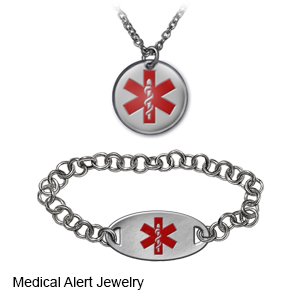Digoxin Toxicity
Medically reviewed by Drugs.com. Last updated on Aug 4, 2025.
What is digoxin toxicity?
Digoxin toxicity happens when you have too much digoxin in your body and it becomes harmful. Digoxin is a medicine that is used to treat heart failure or arrhythmias (abnormal heart rhythms). Digoxin toxicity can be life-threatening.
What increases my risk for digoxin toxicity?
- Older age
- Certain medical conditions such as kidney disease, hypothyroidism, or heart disease
- Low blood levels of potassium or magnesium
- High blood levels of potassium or calcium
- Use of herbal supplements that contain substances similar to digoxin
- Use of medicines that interact with digoxin such as diuretics, calcium channel blockers, or other medicines that affect the way your heart beats
What are the symptoms of digoxin toxicity?
- Lack of appetite, nausea, vomiting, or diarrhea
- Headache, confusion, anxiety, or hallucinations
- Restlessness, weakness, or depression
- Changes in vision such as blurred vision or seeing halos around bright objects
- A fast, slow, or irregular heartbeat, or palpitations (fast, forceful heartbeats in an irregular rhythm)
How do I safely take digoxin?
- Take digoxin exactly as directed. Contact your healthcare provider if you miss a dose or you have any questions about how to take digoxin.
- Do not stop taking digoxin unless your healthcare provider has told you to. You may have increased irregular heartbeats if you stop taking digoxin.
- Talk to your healthcare provider before you take any herbal supplements. Some herbal supplements contain substances that act like digoxin and can cause toxicity.
- Go to all your follow-up appointments. Your healthcare provider will need to monitor you closely while you are taking digoxin. You will need to have regular blood tests.
What else can I do to prevent digoxin toxicity?
Wear medical alert jewelry or carry a card that says you take digoxin. Ask where to get these items.
 |
What should I do if I think I or someone I know took too much digoxin?
Call the Poison Control Center at 1-800-222-1222 immediately.
When should I seek immediate care?
- You have a lack of appetite, nausea, vomiting, or diarrhea.
- You have a headache, confusion, anxiety, or hallucinations.
- You feel restless, weak, or depressed.
- You have any changes in vision such as seeing halos around bright objects.
- You have difficulty breathing.
- You have a fast, slow, or irregular heartbeat, or palpitations (fast, forceful heartbeats in an irregular rhythm).
When should I contact my healthcare provider?
- You missed a dose of digoxin.
- You have questions or concerns about your condition or care.
Care Agreement
You have the right to help plan your care. Learn about your health condition and how it may be treated. Discuss treatment options with your healthcare providers to decide what care you want to receive. You always have the right to refuse treatment. The above information is an educational aid only. It is not intended as medical advice for individual conditions or treatments. Talk to your doctor, nurse or pharmacist before following any medical regimen to see if it is safe and effective for you.© Copyright Merative 2025 Information is for End User's use only and may not be sold, redistributed or otherwise used for commercial purposes.
Learn more about Digoxin Toxicity
Care guides
Further information
Always consult your healthcare provider to ensure the information displayed on this page applies to your personal circumstances.
